

Table of Contents
- Introduction
- Importance of Residential Proof in Real Estate
- Types of Residential Proof
- Challenges and Considerations
- Conclusion
- Faq's
Introduction
"Residential proof" in real estate refers to documentation or evidence provided to verify a person's residential address or status. This proof is often required during property transactions, lease agreements, or legal proceedings to confirm the residential address of an individual. Typical documents that serve as residential proof include utility bills (electricity, water, gas), Aadhaar card, voter ID card, passport, or any government-issued identity card that displays the residential address. These documents help establish the legal residence of an individual for various administrative and legal purposes within the real estate sector.
Importance of Residential Proof in Real Estate
Verification of Identity and Address
Residential proof is crucial for verifying the identity and address of individuals involved in real estate transactions. It ensures that the parties are who they claim to be and reside at the specified address, reducing the risk of fraud.
Legal Compliance
Government regulations and legal requirements mandate the submission of residential proof in real estate dealings. Compliance with these regulations helps in maintaining transparency and legality in transactions.
Loan and Mortgage Approvals
Financial institutions and banks require residential proof when processing loan and mortgage applications. It helps in assessing the applicant's credibility and residential stability, which are key factors in loan approval.
Tenant Screening
Landlords and property managers use residential proof to screen potential tenants. It ensures that the tenant has a legitimate residential address, aiding in background checks and reducing the risk of renting to unreliable individuals.
Address for Service of Notices
In legal and official communications, having an accurate residential address is essential for serving notices, legal documents, and other correspondence. Residential proof provides the necessary address confirmation.
Preventing Money Laundering
Residential proof is part of the Know Your Customer (KYC) norms implemented to prevent money laundering and illegal activities in real estate transactions. It helps in tracking and verifying the identities of parties involved.
Property Registration
During the registration of property, residential proof is required to establish the owner's identity and address. It is a mandatory document for completing the registration process.
Utility Connections
When applying for utility connections like electricity, water, and gas, residential proof is needed to verify the applicant's address. It ensures that services are provided to legitimate residents.
Taxation Purposes
Residential proof is often required for tax purposes, such as claiming deductions or benefits related to property ownership. It helps in verifying the taxpayer's residential status and address.
Security and Verification
Having valid residential proof adds a layer of security and verification in real estate transactions. It ensures that all parties involved have a confirmed residential address, facilitating trust and reliability.
Types of Residential Proof
Residential proof is essential for various real estate transactions and legal verifications. Below are the commonly accepted types of residential proof documents:
Aadhar Card
The Aadhar card is a widely accepted document in India, issued by the Unique Identification Authority of India (UIDAI). It includes the holder's name, address, and a unique 12-digit identification number.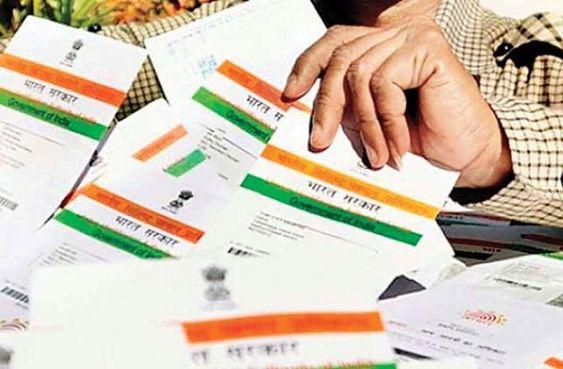 Aadhar Card (Pinterest)
Aadhar Card (Pinterest)
Passport
A passport is a government-issued document that serves as a proof of identity and address. It includes the holder's photograph, date of birth, and residential address.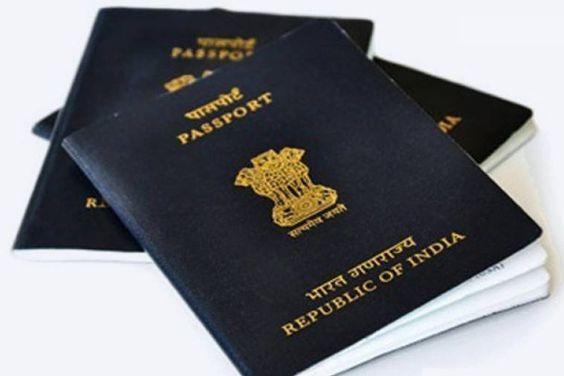 Passport(Pinterest)
Passport(Pinterest)
Voter ID Card
Issued by the Election Commission of India, the Voter ID card serves as proof of identity and address for Indian citizens. It includes the holder's photograph and address.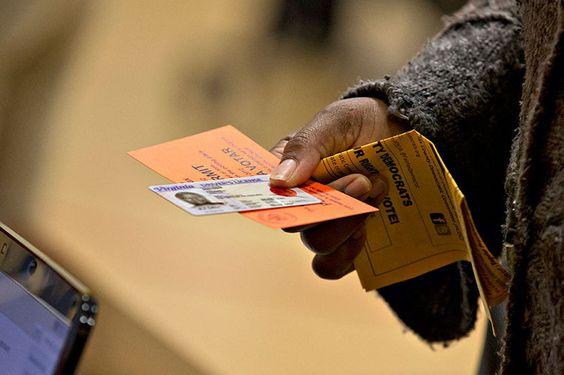 Voter ID Card(Pinterest)
Voter ID Card(Pinterest)
Driving License
A driving license, issued by the Regional Transport Office (RTO), includes the holder's photograph, date of birth, and residential address. It is commonly used as proof of residence.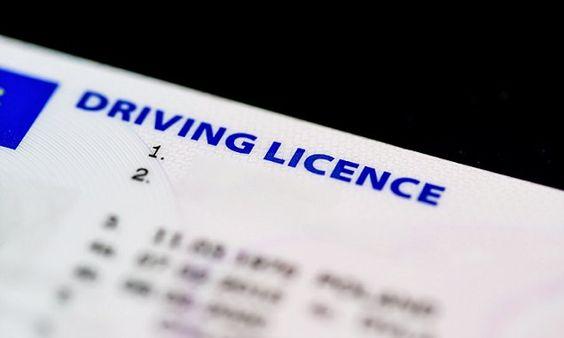 Driving License(Pinterest)
Driving License(Pinterest)
Utility Bills
Utility bills such as electricity, water, gas, and telephone bills are accepted as proof of residence. These bills must be recent and in the name of the individual providing the proof.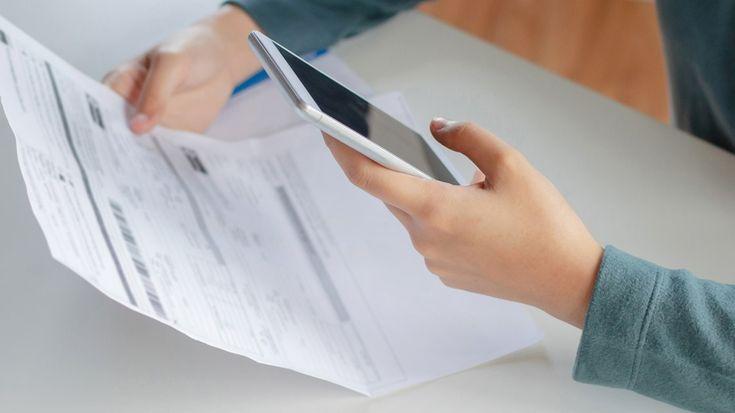 Utility Bills(Pinterest)
Utility Bills(Pinterest)
Bank Statement or Passbook
A bank statement or passbook that includes the account holder's name and address can serve as proof of residence. The statement should be recent, typically within the last three months.
Rent Agreement
A registered rent agreement between the tenant and the landlord can be used as residential proof. It must include the tenant's name, address, and the duration of the tenancy Rent Agreement(Pinterest)
Rent Agreement(Pinterest)
Challenges and Considerations
Providing residential proof is often a mandatory requirement in various real estate transactions and legal processes. However, it comes with its own set of challenges and considerations:
Address Changes
Challenge: Frequent changes of address can complicate the process of providing consistent residential proof.
Consideration: It is crucial to update address information on all official documents promptly.
Document Validity
Challenge: Some documents, like utility bills or bank statements, have a validity period and may need to be recent.
Consideration: Ensure that the documents provided are within the acceptable validity period as specified by the authority.
Acceptability of Documents
Challenge: Different authorities may have different criteria for acceptable residential proof documents.
Consideration: Verify the list of acceptable documents from the relevant authority beforehand to avoid delays.
Name Discrepancies
Challenge: Discrepancies in the spelling or format of names across different documents can lead to rejection.
Consideration: Ensure consistency in the name format across all documents provided as proof.
Tenants vs. Owners
Challenge: Tenants may find it more challenging to provide residential proof compared to property owners.
Consideration: Tenants should use rent agreements or employer letters as alternative proofs of residence.
Digitization and Accessibility
Challenge: In some regions, digitization of records may not be complete, making it difficult to obtain certain documents.
Consideration: Utilize available digital platforms and government services to access and update residential proof documents.
Conclusion
Residential proof is a crucial element in the real estate sector, serving as a fundamental requirement for various transactions and legal processes. It ensures the authenticity and legitimacy of claims regarding residency, which is essential for property ownership, renting, and other related activities. While providing residential proof can present challenges such as document validity, name discrepancies, and privacy concerns, understanding and addressing these issues can streamline the process. By ensuring that all documents are up-to-date, consistent, and compliant with legal standards, individuals can effectively navigate the requirements of residential proof in real estate transactions. This not only facilitates smoother operations but also helps maintain the integrity and transparency of the real estate market.
explore further
Latest from Encyclopedia
More from Interactions
Resources
Dwello, for every home buyer, is a way to go from 'I feel' to 'I know', at no extra cost.


